At the end of September, chief medical officers from all 15 EU states meet in Lyons to approve a health strategy. It might have immense implications for Europe's policy giant, the Common Agricultural Policy.
CAP accounts for half of the EU's total budget. Of that money, farmers get half and traders half. And of the half that goes to farmers, four-fifths goes to the biggest farmers. Like retailing, it is a winner takes all' policy.
Politicians fulminate but CAP survives. How? The British have never really got to grips with it, but the public health movement is about to join the environment movement in becoming CAP's most formidable agents of change.
Under the French presidency, a remarkable policy is being proposed. The logic is simple. If CAP and other EU policies affect health, they ought to be health audited. Why are dairy fats subsidised when they are implicated in heart disease, Europe's biggest cause of premature death?
Why are farmers paid to dump fruit and vegetables to keep prices high when there are kids who never see fresh fruit? Why does CAP subsidise tobacco when it is directly linked with cancer?
These questions bring the chief medical officers and their health ministers to Lyons. Health budgets, they argue, have to pay for rising healthcare, yet have no say on policies causing problems they cope with. Trouble starts further upstream in the supply chain.
Costs are immense. The UK, for instance, pays £10bn a year for coronary heart disease alone. This is a huge extra bill on top of our £70bn national food bill. Suddenly, the food supply that we claim is so efficient looks a bit mad.
For critics of CAP, the public health movement's arrival in this debate is long overdue. This battle will run for years.
{{NEWS }}
Close menu
- Home
- Retail & Wholesale
-
Products & Suppliers
- Back to parent navigation item
- Products & Suppliers
-
Product Categories:
- Back to parent navigation item
- Product Categories:
- Alcoholic drinks
- Bakery
- Cereals & breakfast
- Cheese
- Chicken & poultry
- Chocolate
- Confectionery
- Crisps, nuts & snacks
- Dairy
- Fish
- Fresh produce
- Frozen
- Household
- Meat
- Own Label
- Sauces & condiments
- Seasonal
- Soft drinks
- Vaping
- Vegan & plant-based
- World foods
- Suppliers
- People
- Reports & Data
-
Topics A-Z
- Back to parent navigation item
- Topics A-Z
-
Popular topics:
- Back to parent navigation item
- Popular topics:
- Cost of living crisis
- Crime
- Deposit Return Schemes
- Finance
- Government & Regulation
- Health
- Inflation
- Loyalty
- Marketing
- Mergers & Acquisitions
- New Product Development
- Sourcing
- Supply chain
- Sustainability & environment
- Technology
- Ultra Processed Foods
- Vaping
- A-Z all topics
- Content by type:
- Events
- Ask iA (beta)
- Subscribe now
Sign in to comment on this article
Not logged in before? Register for FREE guest access today.
You will be able to:
- Read more stories
- Receive daily newsletters
- Comment on stories
Advert








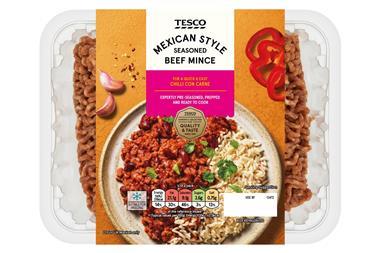
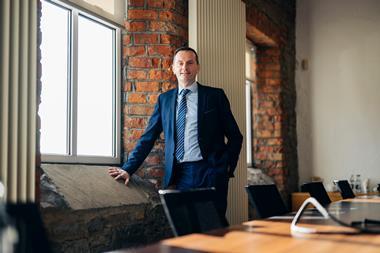
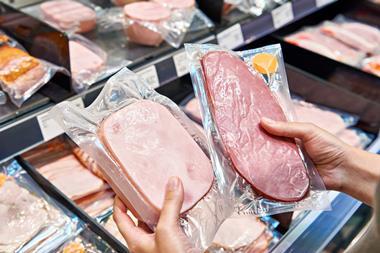
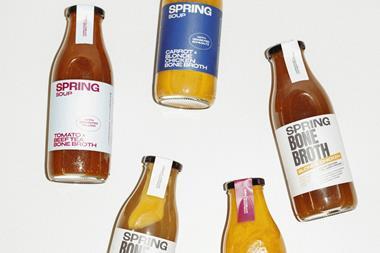

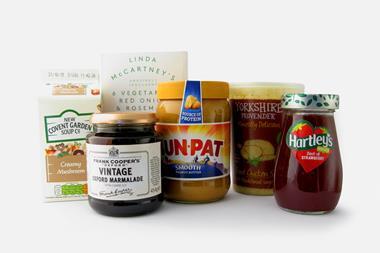

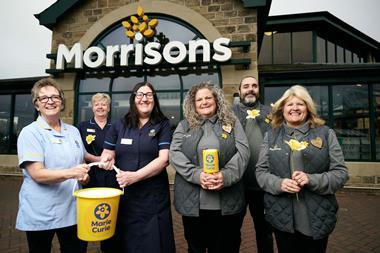


No comments yet